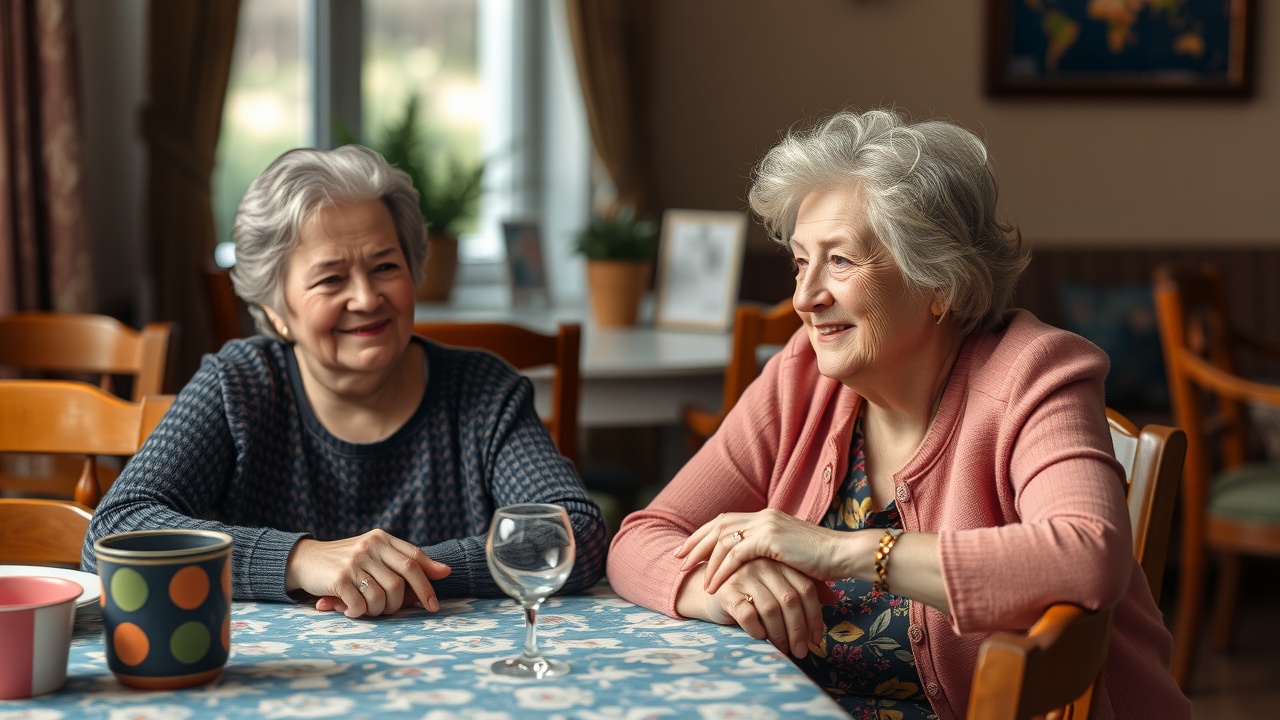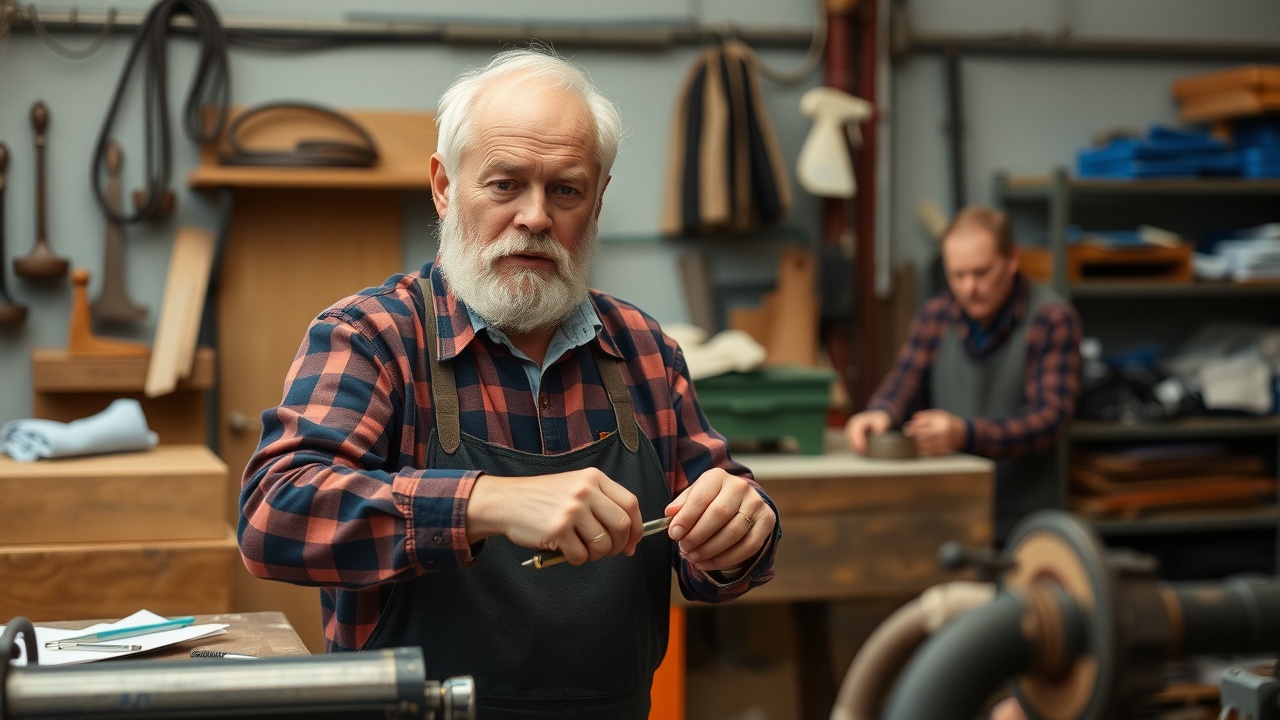
Caregivers receive substantially less in private pension income upon retirement than the national average, according to a widening pensions gap
Carers are among the most underpensioned and financially disadvantaged groups in the UK, receiving only 80% of the average private pension income in the UK when they retire (6,750 versus 8,500).
The 2025 Underpensioned Report, released by now:pensions in collaboration with the Pensions Policy Institute (PPI), shows that the average pension income for a carer has decreased to 49% of the national average.
This shows a growing savings gap, as it is lower than the 55% in 2020.
The statistics highlight a serious issue: retirement carer poverty. For many, the state pension is their primary source of income.
There are 50.8 million unpaid carers in the UK, and 11.7 million people give 50 hours or more of care per week, according to the most recent Census, which was conducted in 2021.
Samantha Gould, the report's author and head of campaigns at now:pensions, stated: "Caregivers continue to face systemic disadvantages in their capacity to save for the future, despite the fact that they offer vital support that many rely on on a daily basis.
"Pension reform that recognizes and supports the essential unpaid work that carers perform is desperately needed in order to help increase retirement financial security.
With an employment rate of 61% compared to 76% of the general population, carers are also less likely to be employed for a living.
According to the report, they are also more likely to work part-time, especially female carers, who make up 38% of the workforce, compared to only 29% of working women in general.
Caregivers make, on average, 35,248 per year, which is less than the population average of 38,740; however, earnings vary greatly by sex. On average, male carers make 46,681, while female carers make 28,176.
Could Britain increase the pensions for carers?
Now Pensions is urging the government to implement significant policy changes in order to help reduce the pension savings gap and increase pension savings among carers.
A family carers top-up is one way to guarantee that pension contributions continue during unpaid caregiving.
Those who take time off from their jobs to care for their families are currently eligible for the state pension, but they are not automatically enrolled.
The government would now top up family carers' private pensions with the equivalent of the employer's contribution, which would be based on the National Living Wage.
According to current calculations, this top-up, which is estimated to be worth about £820 annually, could increase pension incomes by about 20% for those who take ten years off from full-time employment to care for others.
In order to ensure that more carers who work part-time are included in auto-enrollment, the report also recommends removal of the 10,000 auto-enrollment earnings trigger.
The percentage of workers who are not eligible for automatic enrollment (because they do not meet the 10,000 earning trigger) is 108%, but it increases to 13% for carers and 14% for female carers.
These statistics demonstrate how unpaid caregiving duties can have a long-term effect on future financial stability, and as a result, many people completely lose out on pension savings through their employment.
Those who receive Carers Allowance face an even more severe issue. Data from the Labour Force Survey shows that only 25% of carers who receive Carers Allowance are eligible for auto-enrolment, with up to 75% of them not taking advantage of this feature.
"Our work with unpaid carers has shown us that they work below their potential, taking on lower-paying or less senior roles," stated Helen Walker, chief executive of Carers UK.
"Part-time employment or quitting entirely can have disastrous short-term financial effects on unpaid carers and can have a long-term detrimental impact on their pensions.
"Whether or not carers choose to stay at their job depends on whether their employer is carer-friendly.














Leave a comment on: The average retirement pension for carers is only £6,750